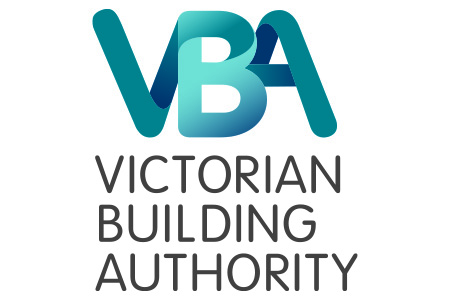Research into building design to combat water damage

The project, led by Associate Professor Arianna Brambilla, aims to develop guidance for the design, construction and maintenance of building envelopes to increase moisture resilience to reduce the risk of water ingress and indoor mould.
The VBA’s State Building Surveyor Andrew Cialini said this research, supported under the regulator’s research grant program, will provide valuable guidance for the industry.
“Condensation and mould in buildings is linked to negative impacts on human health and amenity, as well as building structural integrity,” Mr Cialini said.
“As water damage routinely tops the list of defects encountered in buildings and in complaints to the VBA, as well as other agencies, it is important that we find solutions to reduce it.
Associate Professor Brambilla said the research will include analysis of typical building envelopes constructed in Victoria, including details such as building corners, balconies and wall and roof intersections.
“Water damage can be exacerbated by poor design, poor construction practices and poor maintenance practices, resulting from lack of awareness and knowledge by some practitioners.”
“This research aims to find ways to increase moisture resistance in the built environment so future building design can counter this common problem,”
The research will add to the evidence base from other research, and inform regulatory decisions and improvements to the quality of the built environment in Victoria.
The VBA recently held a Practitioner Education Series webinar for industry stakeholders on ways to combat water damage and indoor mould.
The VBA’s Research Grant Program supports researchers at Australian universities and TAFEs to find innovative solutions to challenges in the Victorian building and plumbing sector.
This grant was awarded under the second round of research grants funded by the VBA, with grants awarded to RMIT University, Deakin University and the University of Tasmania in the inaugural round.
